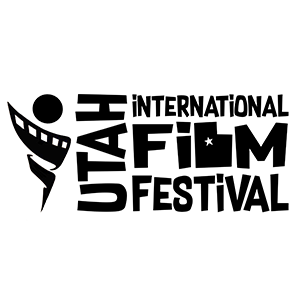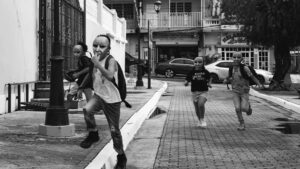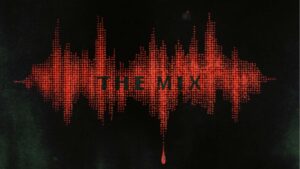The Poet
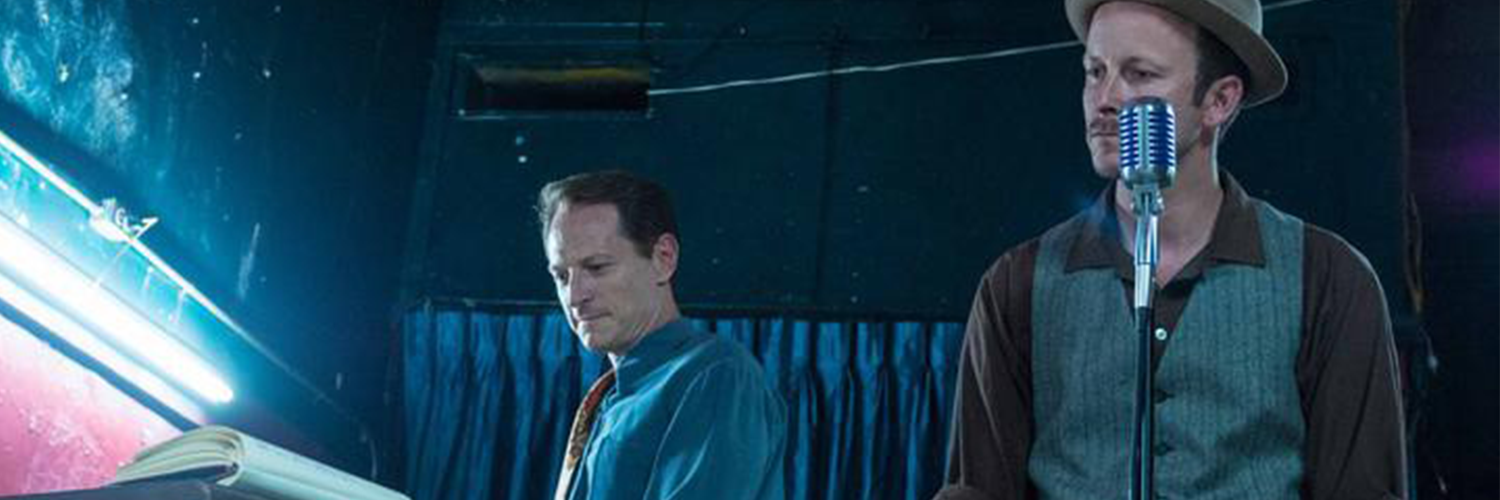
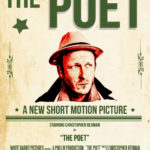
Intoned in the repeated phrase, “there is nothing more beautiful than the eggplant” is a current of beauty and suave – yet fiercely powerful – rhythm. The namesake poet is the star of his own show, serving up smooth beat poetry in a call-and-response with the jazz band that captures the attention of the post-World War II clubgoers. As a viewer, I can’t help but be swept up in the music and poetry and feel more sophisticated just for listening.
“The Poet” is a mix between a bright, found-footage look at the poet as he writes lyrics outside the club and the smooth, sweeping shots of the dimly lit club, spotlight on the poet as he dances to the band and spits out his verse. The film doesn’t have a traditional plot structure involving character arcs, dialogue, or action, but it would be incorrect to say that this doesn’t have story. The poet’s words take you on a journey that make you rethink what is or is not exposition, rising and falling action, denouement. The poetry is engaging and the voice of its writer along with the music maps the film’s structure, no dialogue required. It’s clever writing and refreshing to watch a story told in not in words on a page, but in the presentation thereof.
Complementing the quality of the writing is the caliber of the production elements: the crisp sound of the poet’s voice and the balance of the band, the polished camerawork that moves as smoothly as the poet’s verse, and the lighting that shadows and highlights exactly as needed. The costuming is also excellent, evoking a faultless marriage of working class and dressed-up vintage style that speaks the late 1940s. This audience comes alive to ponder, appreciate, or criticize the message and question of what America has become after the worldwide war and their own experience with it.
The casting is also well done. Every actor populating the scene feels like they belong there, hanging out to get a drink and enjoy the atmosphere of this basement pool hall on a routine basis. Each extra behaves like a real character and I can see distinct personalities in every face and posture. It is appropriate, though, that none outshines the main figure of the poet. The editing and direction help guide the eye by always tracking back to him, a performer dancing along to the jazz ensemble’s beat.
One part that sticks out, however, is the inclusion of one extra dubbed “The Impressed” in the credits, who is separated from the rest with his own reaction shots. I’m led to believe that he is more important than he actually is due to the shots that linger too long and zoom in on him. While watching, I wonder who he is and what interactions he may have with the poet. At the end, though, there is nothing further with him. Perhaps fewer, shorter, or more populated shots of him would lead me to believe he is nothing more than an impressed viewer. This is very nitpicky, but it’s the only thing in this film that left me feeling unsatisfied. What a feat to be able to say this!
I truly enjoyed watching. I would happily watch this over and over to keep exploring the poem and its connection to the music. The filmmakers behind “The Poet” should be proud of their work and keep on creating. They’ve got a fan in me.
